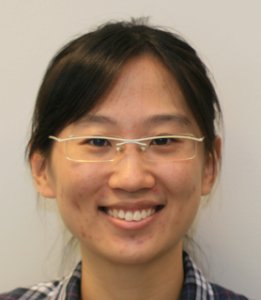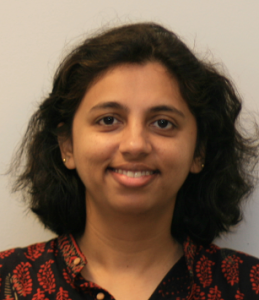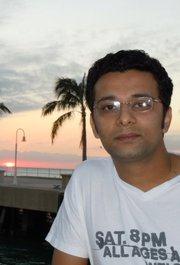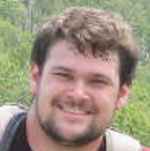Ohio State University is seeking a postdoctoral researcher to join an interdisciplinary project studying various co-evolutionary aspects of soybean and its pests and pathogens, including genetic, metabolomic, biochemical and function interactions. The research efforts are focused on identifying the causal genes that contribute to expression of resistance to many of the pests (pathogens and insects), and retain or improve yield and soybean quality. In the long-term, understanding these foundational and basic interactions in an evolutionary framework will lead to enhanced crop production.
Applicants should have an interest and experience in plant-pest/pathogen co-evolutionary interactions using a range of techniques from quantitative and molecular genetics, genomics, metabolomics, transcriptomics, network analysis, and/or bioinformatics. Skills related to genome assembly and annotation, RNA-Sequencing, functional analysis of candidate genes, metabolomic pathway development or other molecular biology techniques are a plus.
The position is purely interdisciplinary, collaborating with faculty in Horticulture and Crop Science, Plant Pathology and Entomology. This position is a full-time, term appointment for an initial period of one year, and can be extended based on funding and performance. Travel between the Wooster (Ohio Agricultural Research and Development Center) and Columbus campuses of Ohio State will be needed.
This postdoctoral position will be a member of the Center for Applied Plant Sciences (CAPS; https://caps.osu.edu/. For specific information about the research and opportunity, contact Anne Dorrance (dorrance.1@osu.edu), Chris Taylor (taylor.1886@osu.edu), Andrew Michel (michel.70@osu.edu), or Leah McHale (mchale.21@osu.edu).
Interested applicants should send 1) a letter of interest, 2) a single PDF document containing the applicant’s CV and contact information for three professional references, 3) reprint(s) of relevant authored publications to dorrance.1@osu.edu. Review of applications will begin on March 31, 2013 and continue until a satisfactory candidate is found.






